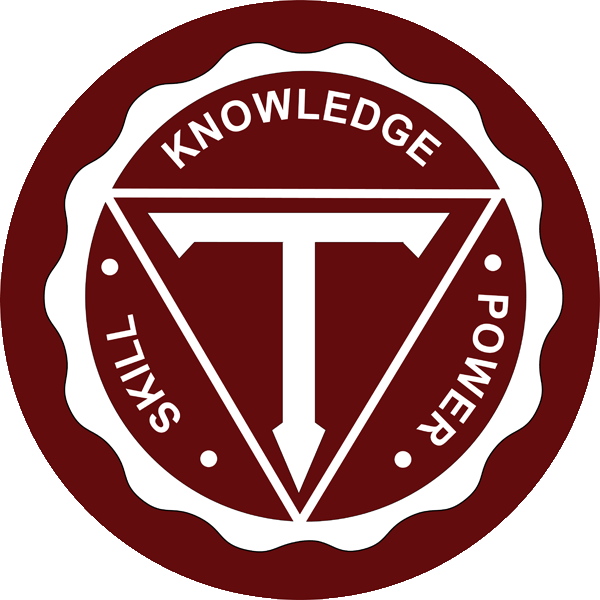


Hutchinson Central Technical High School
Course Syllabus
Course Name: Participation In Government [Grade 12]
Instructor: Mr. Jakiel Contact Time: 9:42-10:23 or 1:57-2:40 Phone Ext: 1407
Grading Policy
Grades are assigned categorically. The categories are: Tests, Homework, Projects, and Notebook.
Notebook is worth 50% of their average. Notebook includes daily volunteering of answers to the teacher's questions as well as a chapter to chapter notebook check of its contents. [the notebook becomes much like a journal but is considered part of daily participation]
Tests are worth 25% of their average. Each marking period the lowest test grade is dropped.
Homework is worth 15% of their average.
Projects are worth 10% of their average.
Homework Policy
Homework is given every week and is due on Friday's. Homeworks are the same every week. They involve the review of a news article and are worth 10 points apiece.
Late homework will automatically lose 2 points. Students may turn in late homework up until the last week of the marking period.
A homework is late even in the event of absence. Students are encouraged to turn in the work early as they will receive 2 bonus points for doing so. This policy may offset those who were absent the day a homework is due as well as inspire students to earn extra credit.
Due dates are assigned. Students have until the end of the school day to turn homework in. Students should not slide work under the doorway at the end of the day or anytime. You may instead choose to put your work in my mailbox if I have already left the building. My mailbox is located on the second floor, between the Library and the Guidance Office.
It is the student’s responsibility to collect any missing assignments from the teacher in the event of absence. I will do my best to make sure you receive whatever work you missed. But in the end, it is the student's responsibility to get the missing work or find out what they missed. All information relating to assignment due dates will be listed on the assignment board.
Test Policy
Tests will be given throughout each Marking Period based on course content.
Make-up tests are given to students who have a doctor's excuse or a note from a parent/guardian for being absent the day of the test. Students without a note, will not make-up a test. In addition, the student must arrange a proper time to make up the test with the teacher, it will not be given during class time or before school. The best time to make-up a test is during a student's free period at some point during the school day. Otherwise other arrangements will be necessary.
It is the student’s responsibility to keep track of when tests are given. Tests are announced at least a week in advance and are listed on the assignment board.
The lowest test grade may or may not be dropped at the end of each marking period. Student behavior will determine whether a grade is dropped or not.
Quiz Policy
Quizzes may be given from time to time, especially when it appears as though the majority of students have not done the required reading. Quizzes do not need to be announced.
There are no make-ups for missed quizzes—unless lengthy illness or other prolonged absence from school. In the event that a doctor's excuse is given, an alternate assignment may be given in place of the missing quiz.
Projects
Projects will be given during each marking period.
No late projects will be accepted—unless extenuating circumstances, like prolonged illness prevent the work from being handed in on time. [If the student provides a doctor's excuse or a note from a parent/guardian for the absence the day the project is due, the project will be accepted. Otherwise late papers lose ten points each day that it is late.]
Project due dates will be listed on the assignment board.
Course Outline
PART 1: DILEMMAS OF DEMOCRACY
PART 2: FOUNDATIONS OF AMERICAN GOVERNMENT
PART 3: LINKING PEOPLE WITH GOVERNMENT
PART 4: INSTITUTIONS OF GOVERNMENT
PART 5: CIVIL LIBERTIES AND CIVIL RIGHTS
PART 6: MAKING PUBLIC POLICY